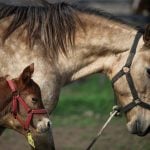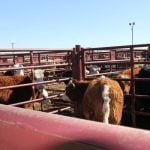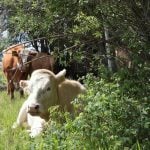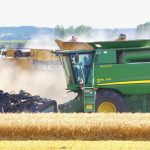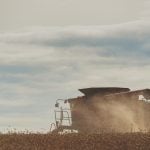Technical talks aimed at avoiding a formal trade dispute between Canada and South Korea over the latter’s ban on Canadian beef haven’t done the trick.
Federal Agriculture Minister Gerry Ritz and International Trade Minister Stockwell Day announced Thursday that Canada has officially asked the World Trade Organization (WTO) to set up a formal dispute settlement panel on the matter.
“Recent consultations with South Korea on its Canadian beef ban regrettably did not produce the desired results,” Day said in a release. “Our request today for a WTO panel demonstrates our ongoing commitment to resolving this issue and defending the interests of Canadian producers.”
Read Also
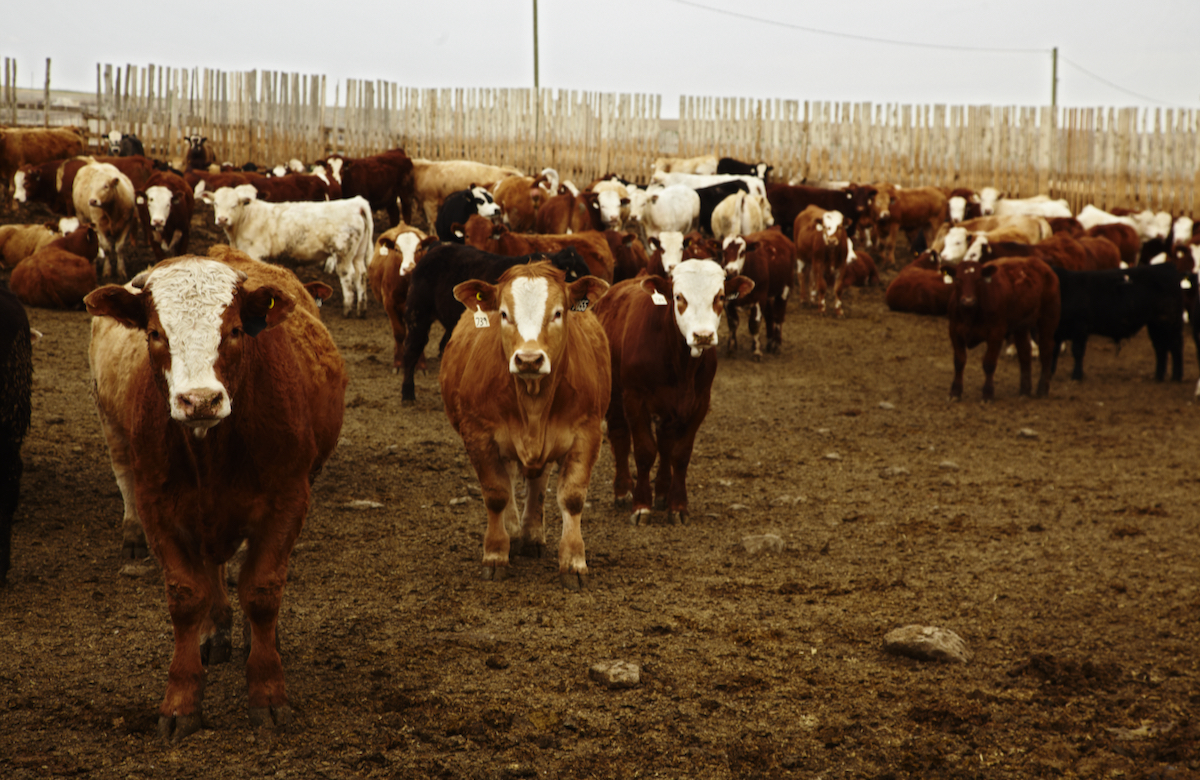
U.S. livestock: Cattle at fresh highs, hogs weaken
Cattle futures on the Chicago Mercantile Exchange climbed to fresh highs on Tuesday, as tight supplies and the ongoing closure…
“This government has made it clear to South Korea that we will defend Canadian ranchers, and I delivered that point in person during my trip to Seoul in March 2009,” Ritz said. “The international scientific community recognizes that Canadian beef is safe, and we are confident a WTO dispute panel would rule in our favour.”
Canada’s request for a WTO dispute settlement panel is expected to be considered at the WTO Dispute Settlement Body’s meeting July 20.
The government said it normally takes up to nine months from the establishment of a dispute settlement panel for its final report to be released to WTO members. Observers of previous cases have noted, however, that they can drag on for years through the appeal process, making them an option of last resort.
“Discriminatory”
The dispute stems from a ban on Canadian beef that Korea, among many other countries, imposed in May 2003 when Canada found its first domestic case of BSE in an Alberta cow. Trade officials have since worked to restore market access for Canada’s beef and live cattle with some success, most significantly in the U.S.
South Korea in 2002 was Canada’s fourth largest beef export market, valued at $50 million.
Canada in April had asked for WTO consultations with South Korea on the matter, and the two countries’ representatives met in May with no resolution for Canada.
The WTO panel will be asked to rule on whether South Korea’s continuing ban on Canadian beef is consistent with its international trade obligations under the WTO, the government said Thursday.
“It is Canada’s view that South Korea’s continuing ban is a violation of its WTO obligations in that the ban is not based on the relevant international standards or on science, and that it is discriminatory and restricts trade more than necessary,” the Canadian officials said in Thursday’s release.
The World Organization for Animal Health (OIE) in May 2007 officially categorized Canada as a “controlled risk” country for BSE, recognizing the effectiveness of Canada’s controls to keep BSE out of its food and feed supplies.
The OIE reconfirmed this categorization in May 2008 and again this year. The “controlled risk” categorization allows for the safe trade in all beef and cattle under conditions that Canada can meet, the government said.









